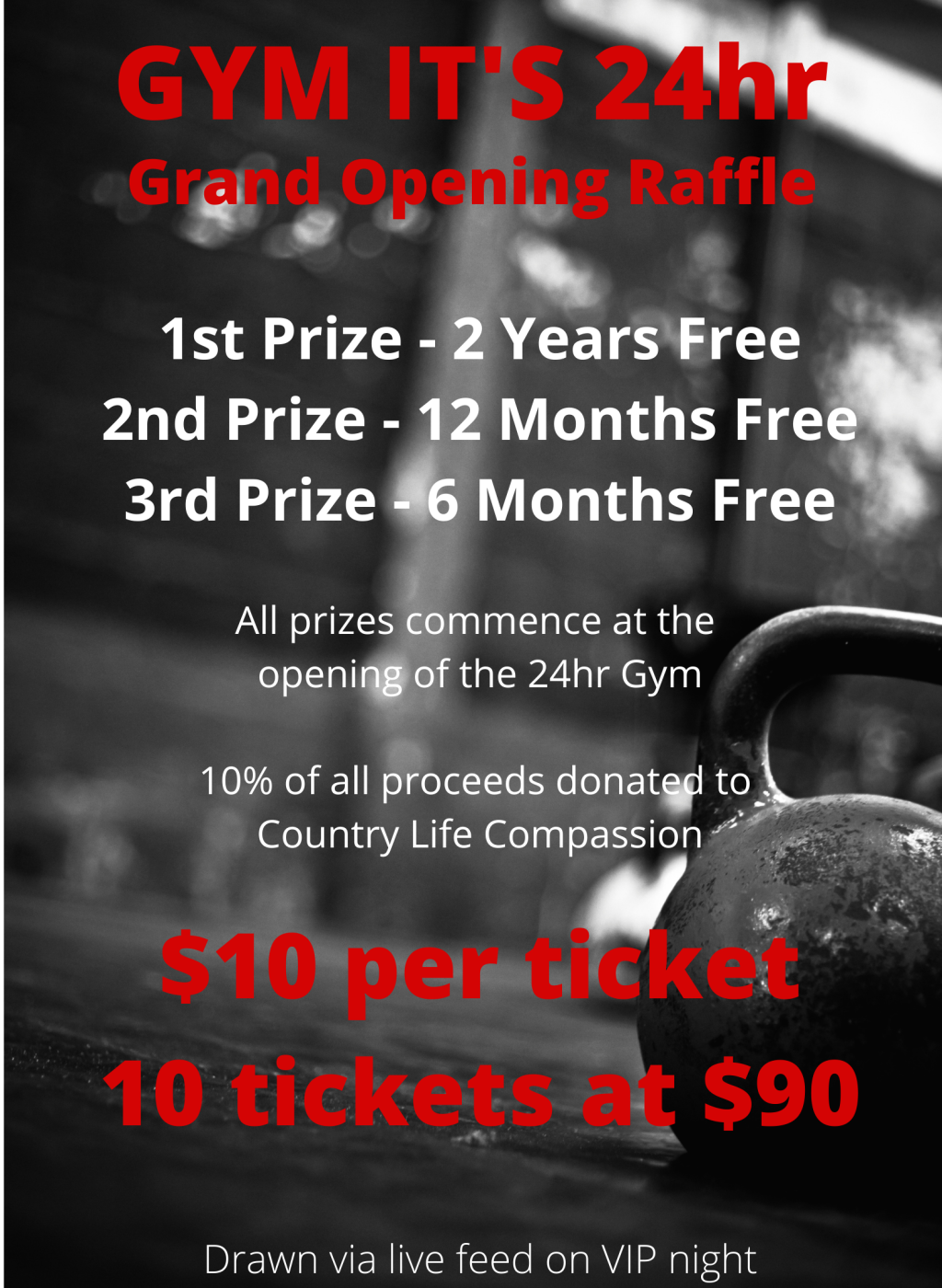Mental health and physical fitness are deeply connected—they influence and reinforce each other in powerful ways. Understanding and appreciating the role mental health plays on physical fitness is an overlooked important aspect of training
MOTIVATION & CONSISTENCY
STRESS MANAGEMENT
Your mental state often determines whether you start and stick with exercise. Good mental health supports motivation, helps you set realistic goals, and makes it easier to maintain consistency. Conversely, stress, anxiety, or depression can lower energy and make it harder to get moving.
Exercise reduces cortisol (the stress hormone) and boosts endorphins (the “feel-good” chemicals). People with healthier coping strategies through physical activity often find it easier to manage stress, sleep better, and avoid burnout.
PERFORMANCE & FOCUS
BODY-MIND FEEDBACK LOOP
Mental clarity and emotional balance improve performance. Confidence, focus, and resilience—key mental health traits—help you push through plateaus, train harder, and recover faster. Athletes often use mindfulness or visualization to improve performance because mental state directly affects results.
Poor mental health can show up physically: fatigue, muscle tension, disrupted sleep, or poor appetite. These affect recovery, strength, and progress in training. On the other hand, regular physical activity helps regulate mood and reduces symptoms of anxiety and depression—creating a positive feedback loop.
SOCIAL COMMUNITY & CONNECTION
RESILENCE & SELF ESTEEM
Mental health thrives on belonging. Group classes, gym communities, and training partners provide accountability, support, and connection—all of which boost both mental wellbeing and physical progress.
Exercise helps people prove to themselves that they can set goals and achieve them. This builds resilience and self-esteem, improving both mental outlook and physical outcomes.

